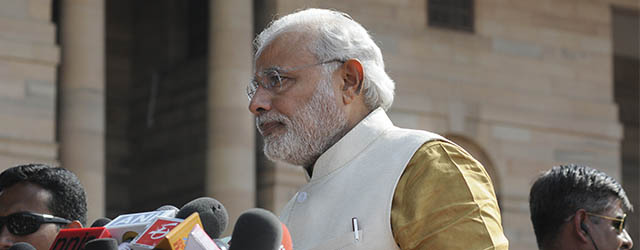The Indian government headed by prime minister Narendra Modi is betting big on the reform and revamp of state-run banks over the next four years to support the country’s 8%-plus GDP growth.

A seven-point reform plan called Indradhanush released by Finance minister Arun Jaitley included a $12 billion capital infusion and mandated the setting up of the Bank Board Bureau (BBB) by April 1 of 2016. The goal is to bring private industry professionals into the top echelons of state-run financial institutions.
A proposal to set up a special-purpose vehicle to deal with stressed assets of banks (about 11% percent of total loans) was seen as a move against so-called willful corporate defaulters. Implementing accountability and efficiency measures and keeping political leaders at arm’s length from running banks could bring India’s financial services firms closer to global standards.
The reforms are seen as a potential game changer. Independent ratings agency Crisil called the government’s focus on efficient use of capital in banking reforms “a paradigm shift” but warned that success depends on rigorous implementation.
To demonstrate its commitment to banking reforms, the Modi government has named chairmen, managing directors and CEOs at five top banks—including Bank of Baroda and Canara Bank—largely drawn from private companies. More appointments are expected soon.
The government also announced plans for a new law that will make it easier for banks to take over companies with stressed assets.
The All India Banks Employees Association, a body of bank workers, estimates that thousands of companies have turned into willful defaulters, accounting for at least $10 billion in stressed assets as of March 31. The group says banks are struggling to deal with another $110 billion worth of bad loans and nonperforming assets, especially in sectors like steel, power and infrastructure.



